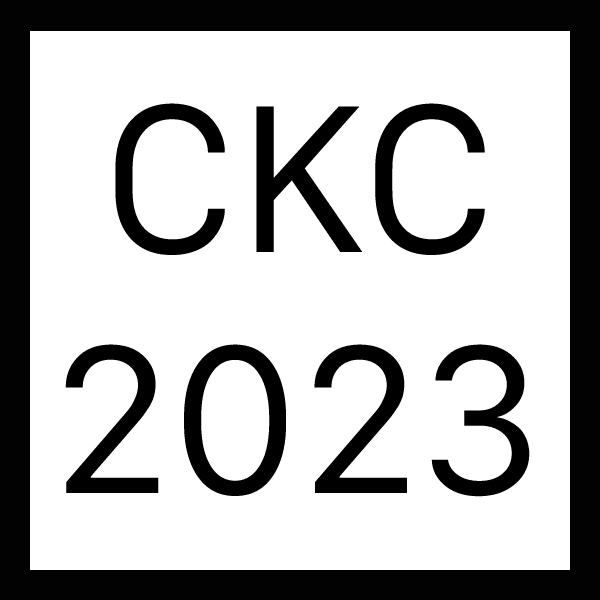CKC 2023: New Futures for Creative Economies
Day 1
Creative Cooperatives: Rationale, Relevance, and Resilience
Abstract
This paper presents findings from qualitative research into co-operatives in the creative industries in the UK. The Collective Responses to Covid-19: Cultural Work in Times of Crisis project aimed to explore the potential and challenges of co-operative work, and interviewed creative co-operatives in both UK and the Netherlands to research methods of operation, the rationale behind choosing to set up as a co-operative, the positives and negatives of being a co-operative in the creative sector, how the Covid-19 pandemic impacted their operations, and how working as a co-operative might have made them more resilient to the pandemic. This paper focuses on conversations with the UK creative co-operatives.
In a sector where creative working is precarious and insecure (Gill & Pratt, 2008) and access to and progression in creative organisations is characterised by structural inequalities (Eikhof & Warhurst, 2013), co-operatives appear to offer a different – more collective and caring – way to work. In general, co-operatives are seen to be stable and resilient, particularly in weathering the impact of the Covid-19 pandemic (Mangan, 2021), as well as being built on values of democracy, joint decision-making, and ethical choices (ibid.) and offering greater control over the production and distribution of creative products (Boyle & Oakley, 2018). Co-operatives are seen to have the potential to improve creative working conditions, but they also face challenges in terms of accessing finance, public perceptions, and business support (de Peuter et al., 2022).
This paper explores different reasons for choosing a co-operative business model in the creative industries, the advantages of operating as a co-operative and the difficulties they face, notions of resilience, and hopes for the future. It argues that co-operative working may offer a solution to issues of precarity and inequality in the creative industries, but it is not unproblematic and perhaps does not provide all the answers.
References
Boyle, D. and Oakley, K. (2018) Co-operatives in the Creative Industries. Manchester: Co-operatives UK.
de Peuter, G., de Verteuil, G., and Machaka, S. (2022) Co-operatives, Work, and the Digital Economy: A Knowledge Synthesis Report, report for the Social Sciences and Humanities Research Council and Canada’s Future Skills program.
Eikhof, D.R. and Warhurst, C. (2013) ‘The Promised Land? Why Social Inequalities are Systemic in the Creative Industries’, Employee Relations, 35(5), pp.495-508.
Gill, R. and Pratt, A. (2008) ‘In the Social Factory?’, Theory, Culture & Society, 25(7-8), pp. 1-30.
Mangan, A. (2021) Community and economic development: building back strong Bristol co-operatives. Final report. Bristol: University of Bristol.
Biography
Dr Christina Williams is a lecturer in media communications and a researcher in creative economies at the University of the West of England. Her background is in sociology and cultural studies, and her work has been published in the journal Popular Music. Her research is concerned with how authors of fiction make a living and manage their working lives as cultural workers. She is interested in cultural labour, discourses of cultural work, alternative creative business models, popular culture, and the interface of the mundane and the magical in creative work.



